Browse Our Books
You can browse our books easily with any of the following filters, hover over the filters or their titles to see their descriptions.
Reading Level
Categories
Or you can use quick search or switch to advanced search for better results...
Search Results (Found 1849 results)

Safety First 
Kids love to explore! From riding their bikes around the neighborhood to surfing the web, they face new experiences every day. So how can they stay safe through life3s daily adventures? This appealing series encourages kids to explore while teaching them invaluable, common-sense safety skills that lay the foundation for a lifetime of experiencesCand wisdom! Additional features to aid comprehension include a table of contents, informative captions and sidebars, sources for further research, a phonetic glossary, a safety list for review, critical-thinking questions, an activity, an index, and an introduction to the author and illustrator.
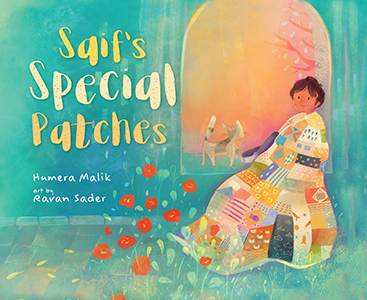
Saif's Special Patches 
Saif is ""just shy,"" or at least that's what everyone tells him. When his mom comforts him with a patchwork quilt made of his special memories, he remembers that he's so much more. He was brave when he went down the biggest slide at the Eid picnic. He was smart when he won the scavenger hunt among his friends. He was persistent when it took him a year to learn to read the Quran. He's helpful when he lends a hand to clean up the mosque. Saif isn't just shy. Like his patchwork quilt, he is still growing.
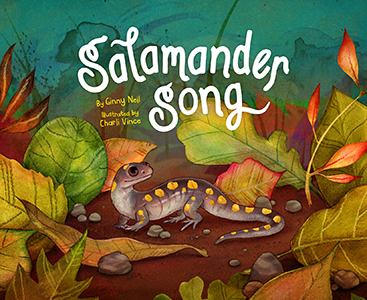
Salamander Song 
Salamanders and children alike hear the rhythms and song of the seasons as winter gives way to spring. Salamanders begin to squirm and stretch in the early spring sun, while the children and their teacher plan. They meet on a night of salamander rain (the first warm rain of spring), when the children and their teacher work to help the salamanders cross a busy road to the vernal pool on the other side. This lyrical, parallel narrative story reinforces the idea that kids can make a big difference. The author's note includes information about amphibian migrations and descriptions of citizen science activities that kids can participate in to help keep the world wild and beautiful.
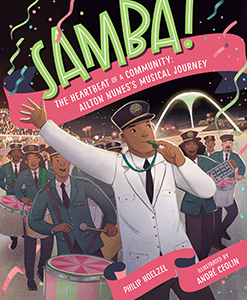
Samba! The Heartbeat of a Community: Ailton Nunes's Musical Journey 
Even as a toddler, Ailton Nunes was drawn to the joyful, energizing sounds of samba music, with its clinks, bongs, and bangs filling the air. It was part of his heritage and practically the heartbeat of his Mangueira neighborhood in Rio de Janeiro, Brazil. But samba was more than music; it was a way to connect with the past and dream of the future. And samba united not only Ailton's neighborhood--it united all of Brazil, especially at the annual Carnaval festival with its samba parades and competition.
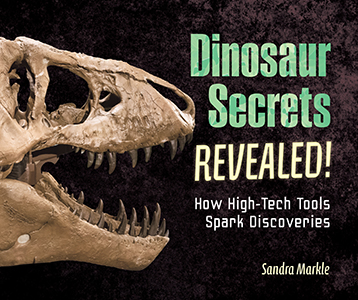
Sandra Markle's Science Discoveries 
Join award-winning science author Sandra Markle as she sheds light on some of the most fascinating scientific investigations in the animal kingdom. Solve real-life science mysteries alongside the teams of scientists dedicated to saving vanishing species or discovering new ones. And see how scientists, governments, and concerned citizens work together to pull endangered species back from the brink of extinction.
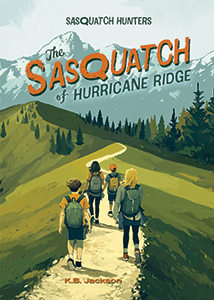
Sasquatch Hunters 
Twelve-year-old Jake Nelson and his mom, a former Disney Princess, have recently moved from Orlando, Florida, to his grandfather's home in Washington State. Shorter than the average sixth grader, Jake finds it difficult to fit in at his new school, Hawthorne Elementary, especially after making an enemy of one of the most popular boys on the very first day. Not to mention, Jake's hobby is a little unusual: He's a Sasquatch hunter.
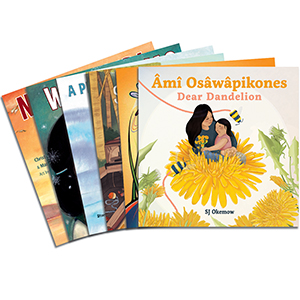
Saunders Educational Kits 

Annick Press is one of Canada's largest independent publishers of children's books. Their publishing from K-YA brings the power of the joy of reading to students everywhere. Through their passionate commitment to self affirming stories Annick is now offering their popular titles in book sets through Saunders Book Company.
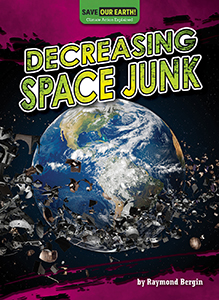
Save Our Earth! Climate Action Explained 
Climate change is having some serious impacts on our planet3s plants, animals, and environments. But these major problems aren3t without solutions. Learn about some of the incredible entrepreneurs and innovators around the world who are taking action to combat the worst effects of a changing planet. Readers will learn about climate problems alongside real-world solutions. It3s time to save our Earth!s
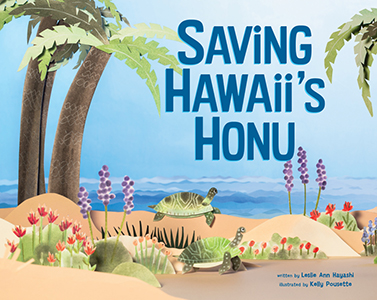
Saving Hawaii's Honu 
When George Balazs saw his first green sea turtle, or honu, his life changed forever. He moved to Hawai3i to study the beautiful animals, but was concerned by what he found in restaurants and stores: turtle soup, turtle steaks, even turtle shell jewelry. So George asked a question: How many honu are left in Hawai3i? What happened next was the journey of a lifetime. George lived on remote beaches, learning from the turtles and advocating for their protectionCall to save Hawai3i3s honu from extinction.
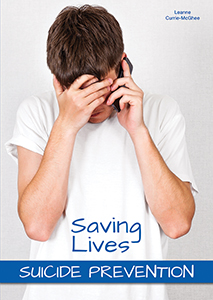
Saving Lives: Suicide Preventions 
This book explores the issue of teen suicide and offers guidance on how to recognize warning signs, where to get immediate help, and how to respond safely. Real-life stories, expert insights, and practical approaches provide readers with the tools to make a difference.